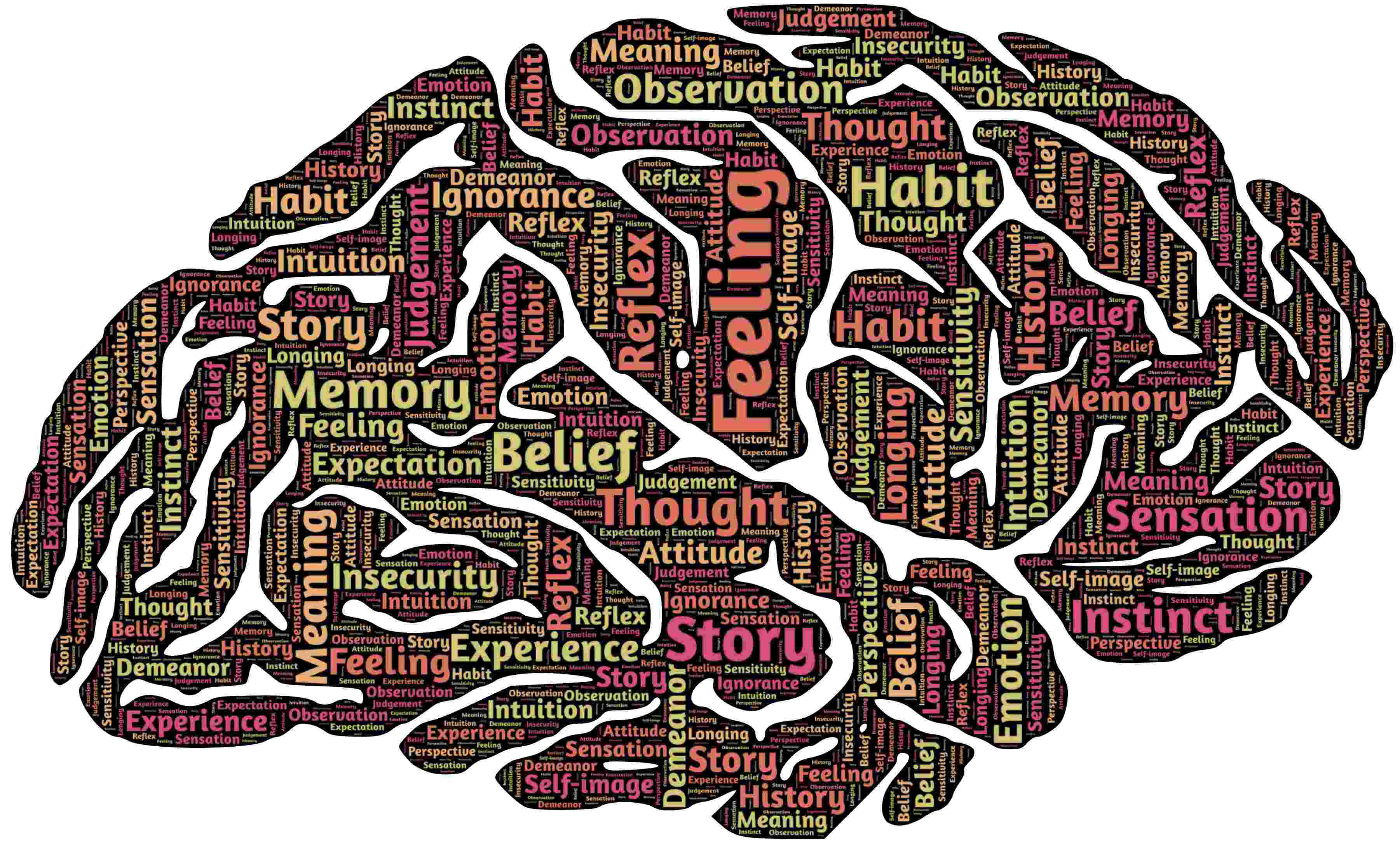MINDFUL, NOT MIND FULL
Mindfulness is all the buzz these days. Psychologists, social workers, counselors, are all recommending the practice of mindfulness for adults and children alike. So what exactly is mindfulness?
Mindfulness is the basic human ability to be fully present, aware of where we are and what we’re doing, and not over-react to or be overwhelmed by what’s going on around us.
Mindful.com describes it as, “whenever you bring awareness to what you’re directly experiencing via your senses, or to your state of mind via your thoughts and emotions, you’re being mindful.”
Sounds simple, doesn’t it?
It goes on to say, “and there’s growing research showing that when you train your brain to be mindful, you’re actually remodeling the physical structure of your brain.”
In reality, mindfulness is not so simple. May be a few generations ago it was a prevalent state of mind but in the modern world, that is certainly not the case. We are surrounded by distractions—smart phones, tablets, television, video games, traffic noise, background music at the malls and other public places, advertisement images on roads etc. Our mind is constantly bombarded with overwhelming number of stimuli, to the point we are losing the ability to remain focused.
This not only stresses our mind and senses, it has physical repercussions as well. It stresses our body until it begins to manifest itself in the form of dis-eases and illnesses. Many chronic conditions such as asthma, heart disease, headaches, depression, anxiety, and gastrointestinal disorders are often caused by stress. With these diseases reaching pandemic levels, it behooves us to analyze all possible causes, including environmental stress. Something relatively simple, yet monumental in nature.
Research has shown significant improvement on people’s stress levels and their ability to handle stressful events and conditions when they practice mindfulness. We are all mindful of ourselves and our surroundings but it is the ability to consciously practice mindfulness that bears real fruitful results.
It is a non-intrusive, free, self-guided practice with scientifically proven benefits. It makes sense to give it an honest try and see how it affects us.
It is simpler to practice than you think!
HOW TO PERFORM MINDFULNESS
Mindfulness helps us to respond to situations as opposed to reacting to them. If your child leaves dirty laundry on the floor, your automatic reaction is to yell. Mindfulness helps you break away from your habitual responses that you have developed over time and consciously respond to the situations in a more controlled fashion.
These are some ways you can perform mindfulness throughout the day:
- Set aside some time when you are least occupied. A designated time and space helps you focus and keeps you disciplined. Early in the morning or right before bed, with a short meditative session during the day is a great way to train your mind.
- Empty your mind from all thoughts, judgements, anger, frustrations. Instead fully submit to the Creator and believe that He knows who you are, where you are, what you can handle and what is beyond your scope. This will help you relax and let go.
- Be present where you are. Don’t let your mind get carried away in thoughts and don’t allow one thought to roll into another. Instead focus on where you are, what is happening, who is in control, and how you can make the best of the situation. This is a practice that is familiar to religious people because it is similar to the state of mind one has while worshipping.
- Don’t be hard on yourself.Often we are unforgivable to ourselves for slipping, for reacting instead of responding, for wandering thoughts even when we are trying to focus. Be gentle to yourself. God is forgiving, so should you be. Practice makes perfect. When you try to be conscious all the time, you will eventually learn to control your mind, and thereby your actions.
HOW TO MEDITATE
Meditation takes on many forms. The end goal of meditation is to focus your mind for a period of time. You can achieve this goal through various means: prayer, yoga, invocations, recitation, chanting, or any other act of devotion.
The ultimate goal is to help you be the owner of your ‘self’, instead of your ‘self’ owning you.
Let us know if you practice mindfulness? How has it affected you?

